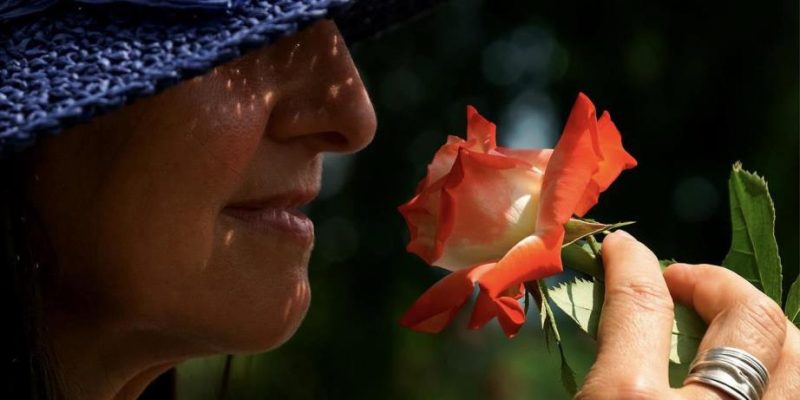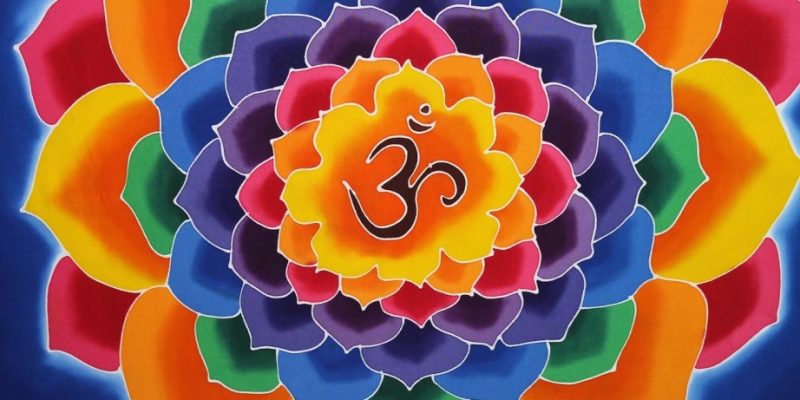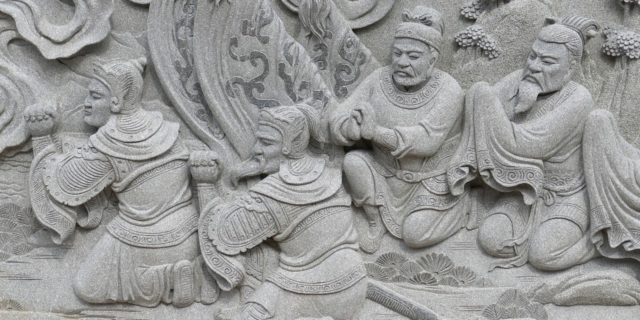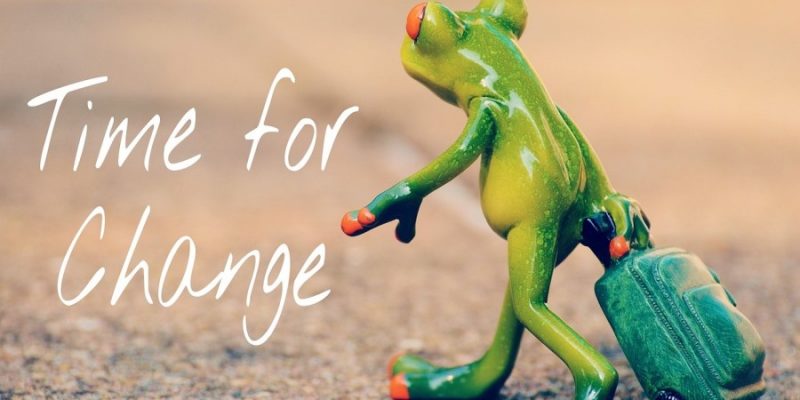
Exerting useful tasks and having useful functions, attributing in a “constructive and productive” manner to the societies we live in has become the principal aim of modern, global culture.
Functional life expresses itself as having a money-making practical job, being a student, a volunteer, being a member of the football club, or local charity association, being a politician, or whatever it is we do or are part of to make ourselves useful for other people or in society.
Useful, because functional life implies having a preset goal to reach. And to “have a goal” is something we’ve learned to be both commendable and meaningful. It’s to accumulate “useful acts and actions” in order to have a surplus-value for society.

The more we do, the busier we are — having almost no time to spare — makes us feel important, be important, being worthwhile and meaningful human beings in our own eyes and in those of others. In fact, the harder we run, the better. Having less time seems to be of more value.
The consequence of a functional lifestyle is that we don’t have time to genuinely share our lives with others any longer. It’s because sharing is basically a non-functional activity. It simply doesn’t comply, in fact, it defies the “functional stance.”
To actually, authentically share is the opposite of accumulation; it’s “giving away,” it’s spending, making time, giving time to another person without wanting anything in return. Without having a goal.
When we really share our lives, we uplift and strengthen each other in our spiritual being, this being, this essence which is our birthright, and the single thing that makes us fully human.
In current days, “sharing,” if it still deserves the name, is increasingly embedded in a functional attitude, that is, one wants something “out of it” that both fortifies and justifies the functional life.
Leisure time itself has become useful, being the cautiously well-prepared time between the “important occupations of functional life,” reinforcing the latter.
To be useful, and better yet, to have and to expose a variety of “helpful, constructive, and productive functions in society,” has become the typical, conventional, accepted way, and the ultimate goal of modern life. The only thing we still seem to be sharing is… just that.
To this respect, I’d like to share with you a wonderful little story about the useful life and uselessness. It’s called The Useless Tree and it’s part of the Taoist book The Wisdom of Zhuangzi:
His apprentice took a long look, then ran after the carpenter and said, “Since I took up my ax and followed you, master, I have never seen wood as beautiful as this. But you do not even bother to look at it and walk on without stopping. Why is this?”
The carpenter replied, “Stop! Say no more! That tree is useless. A boat made from it would sink, a coffin would soon rot, a tool would split, a door would ooze sap, and a beam would have termites. It is worthless as timber and is of no use. That is why it has reached such a ripe old age.”
After the carpenter had returned home, the sacred oak appeared to him in a dream, saying, “What are you comparing me with? Are you comparing me with useful trees? There are cherry, apple, pear, orange, citron, and other fruit trees. As soon as the fruit is ripe, the trees are stripped and abused. Their large branches are split, and the smaller ones torn off. Their life is bitter because of their usefulness. That is why they do not live out their natural lives but are cut off in their prime. They attract the attention of the common world. This is so for all things. As for me, I have been trying for a long time to be useless. I was almost destroyed several times. Finally I am useless, and this is very useful to me.”














